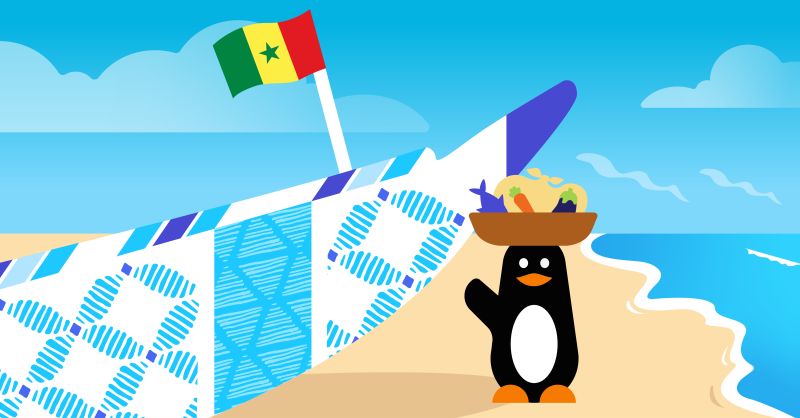Wave’s Mobile Money Disruption Unlocks New Neobank-like Ambitions

Last September, an astonishing USD 200 M Series A (the largest-ever in African tech) turned Senegal-based mobile money challenger, Wave, into the first tech unicorn in Francophone Africa, valuing the startup at around USD 1.7 B.
And having done the unlikely by usurping the incumbent telco-led platforms to become the leading mobile money platform in its first market, Senegal, the general expectation was that Wave would consolidate by expanding, likely geographically. But there may have been other ideas.
While the plans to expand into new markets have been a mixed bag seeing as Wave has had some joy in Uganda and mostly endured disappointments in Togo and Benin, the startup might be on its way to extending its footprints into a new array of financial services, not unlike a neobank.
The latest development around Wave has it that the company has been granted an e-money license to operate in Senegal. The e-money license provides that Wave can now offer its current financial products to customers independently and directly, without the assistance of third-party banks.
Previously, Wave was only permitted to operate through partnerships with pan-African banks like Ecobank and United Bank for Africa (UBA). This meant that Wave’s audaciously different app/QR card-based mobile money service was licensed to only provide for deposits, withdrawals, bill payments, and P2P money transfers.
However, the new e-money license brings additional possibilities for Wave which has quite the encounter with impossibilities.
In June 2021, Senegal’s leading telco, Orange – whose mobile money service, Orange Money, has been put under immense pressure since Wave arrived on the scene and took centre stage – blocked Wave users in Senegal from purchasing Orange airtime via Wave’s mobile application.
Although this matter is still undergoing regulatory intermediation, Orange has since been forced to lower its bill payment fees to 1 percent – seemingly flustered by the battle with Wave which offers a radically cheaper alternative. But that’s just one of several battles.
Hence, it’s easy to miss the fact that Wave has come through so many battles and around ten major business-threatening failures over the last ~4 years. And there might well be more battles brewing.
Apart from its already demonstrated desire to take on the incumbents in newer yet-unsaturated markets like Ivory Coast and Uganda in the area of supporting critical economic transactions like deposits, withdrawals, bill payments, and P2P money transfers, Wave seems in a strategic position to do much more.
As its user network reaches critical mass in multiple countries (Wave now claims 5 million active users and 25,000 agents in Senegal, for instance) – coupled with its market leadership and network effects – industry insiders like Everett Randle (associated with Founders Factory; one of Wave’s investors) have in the past tipped the startup to build more products on top of its core platform and become part of the continent’s fintech connecting vessels.
“If people are using your product every day to manage and move their money, why not provide them better ways to save and invest that money? Or buy things online straight from their mobile wallet? Or take out a loan to start a business?” Randle argues. And the newly acquired e-money license could see that forecast come through.
The permit was issued by the Central Bank of West African States (BCEAO), a central bank that serves the eight francophone West African countries that comprise the West African Economic and Monetary Union (WAEMU).
With the new license, Wave will be able to offer a broader range of financial services, like merchant payments, savings, credit, and remittances, in collaboration with other partners in the WAEMU financial ecosystem.
However, the license only applies to Wave’s operations in Senegal for now, though it is understood that Wave would be open to extending this license to the other WAEMU countries as soon as possible.
By potentially layering more financial services onto its platform while also potentially playing an important role as a financial infrastructure/rails provider for fintechs not-unlike, say, Safaricom’s M-Pesa platform in Kenya (as Randle previously pointed out), Wave would essentially be entering banking territory and the ramifications are exciting, amongst other things.
Featured Image Courtesy: Peter O’Hara Adu/LinkedIn